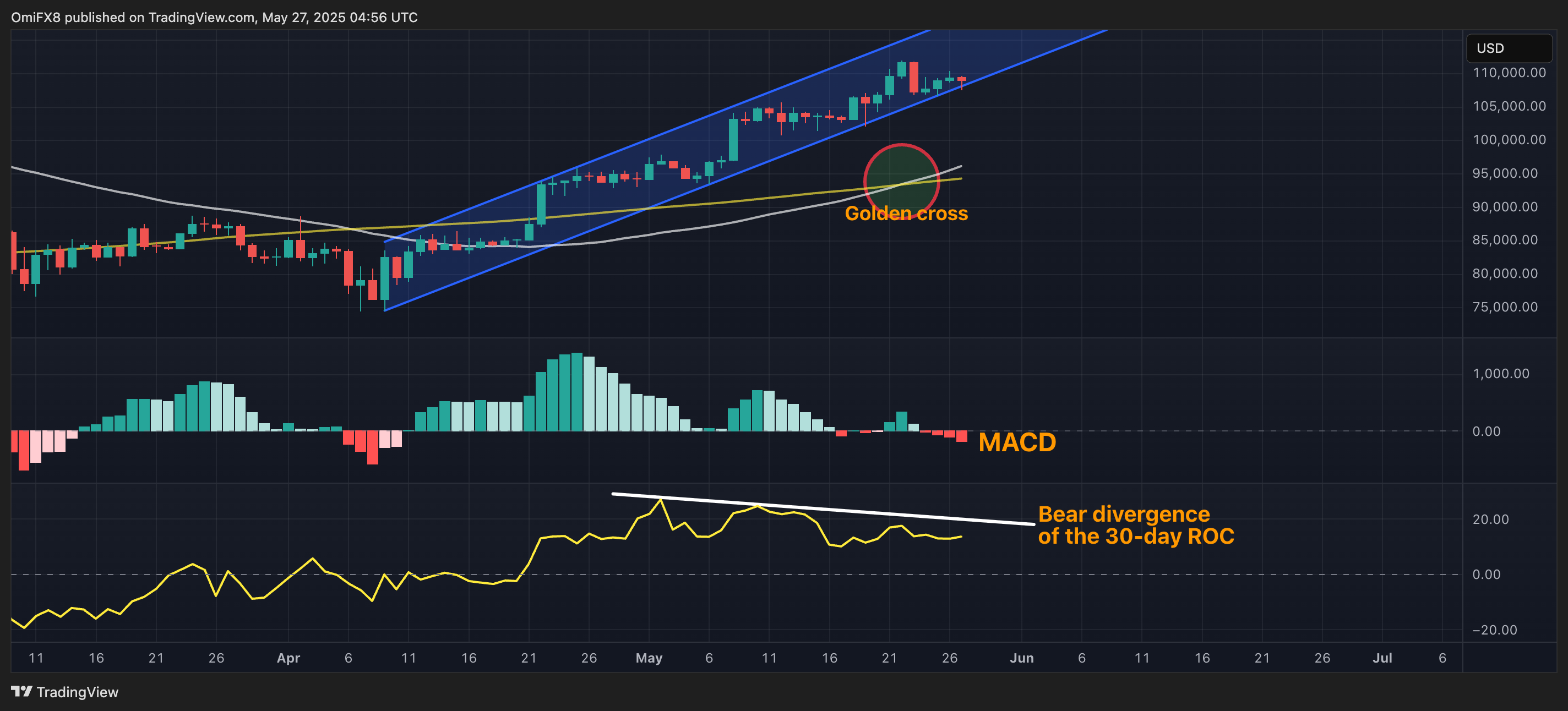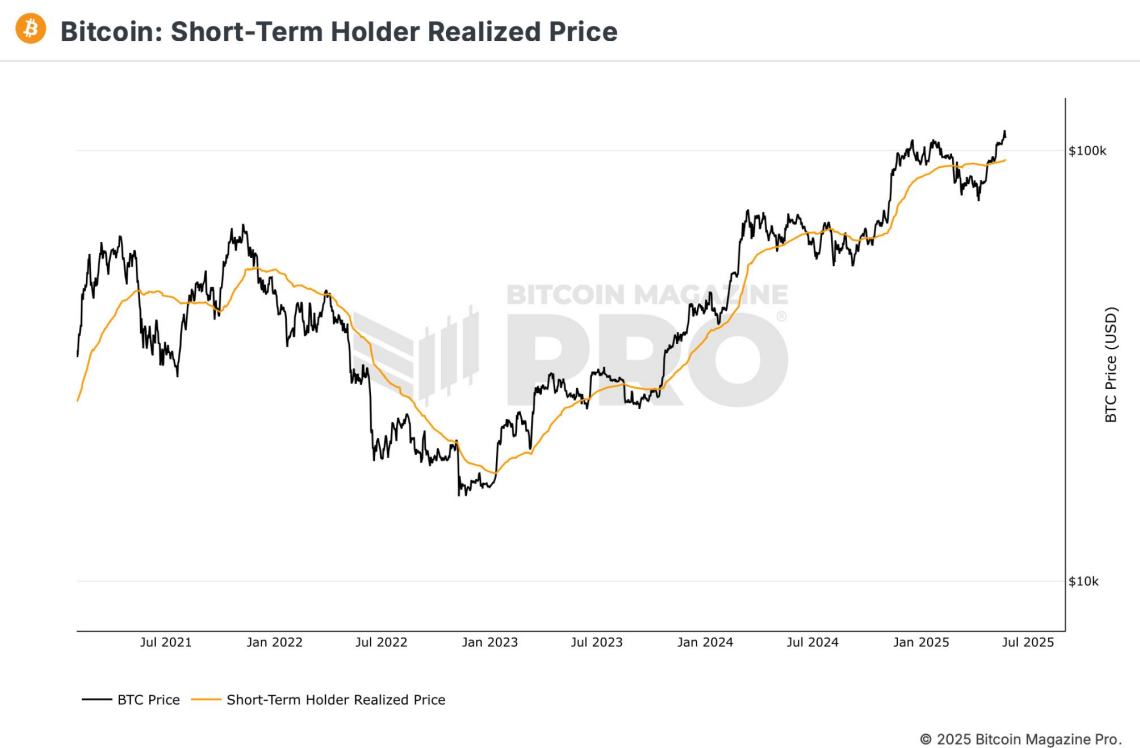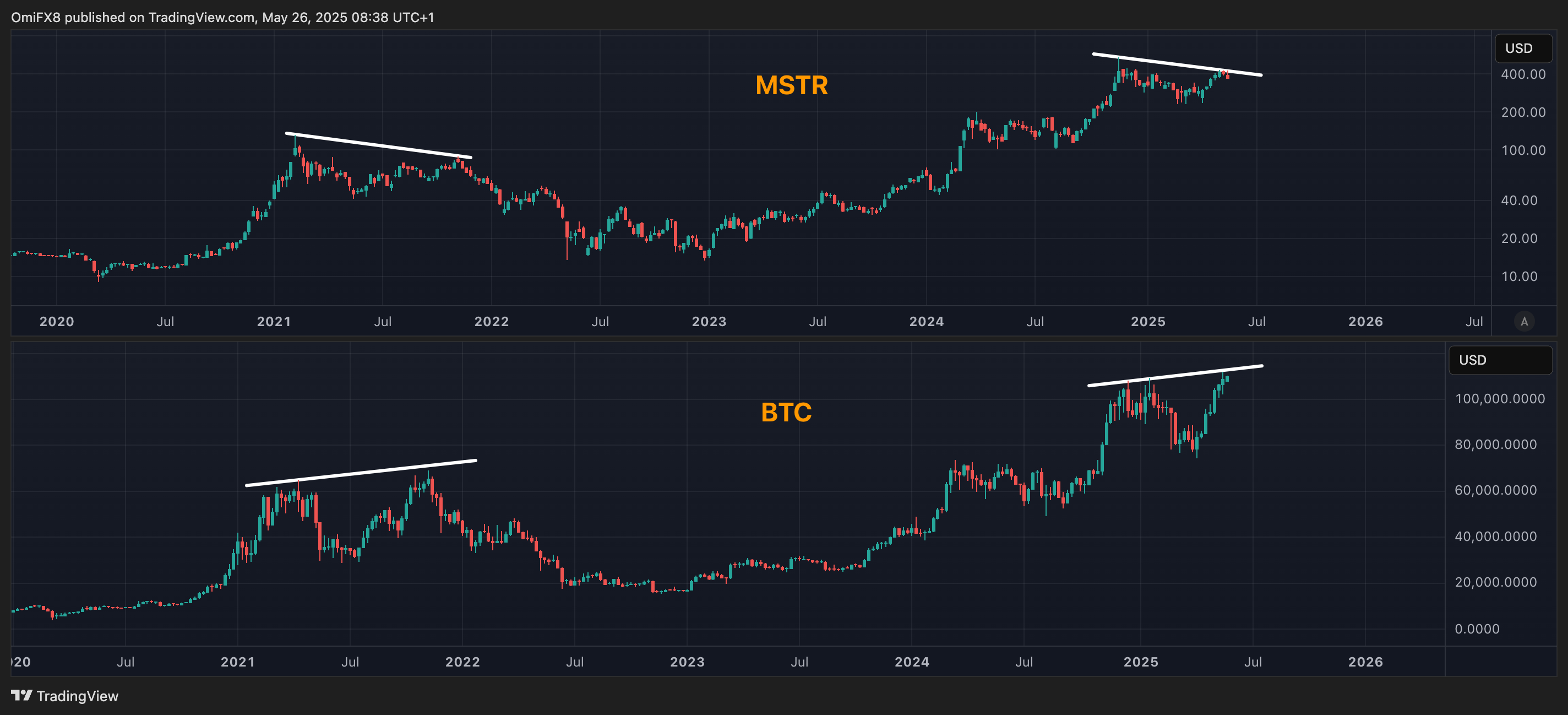Congressional Democrats threatened lawsuits, introduced legislation and planned protests in the lead-up to U.S. President Donald Trump's memecoin dinner.
Trump, whose affiliated businesses issued the $TRUMP memecoin just days before he was inaugurated for his second term, announced he would host the 220 largest holders of his token for a dinner at the Trump National Golf Club in Potomac Falls, Virginia on Thursday, leading to a price spike as interested parties immediately bought more tokens to secure an invite.
Critics called the move corrupt, pointing to the fact that foreign buyers who otherwise could not legally donate money to the president were purchasing tokens, as well as the opacity surrounding their buys — many of the dinner's attendees are unknown, and some even pointed to the ability to maintain anonymity as a factor in their decision to go, according to the Washington Post.
Tron creator Justin Sun boasted about being the top holder of the token ahead of the dinner, with blockchain explorers suggesting that the wallet with the largest $TRUMP holding is tied to HTX, a crypto exchange connected to Sun.
Legal action
Sen. Richard Blumenthal, the Connecticut Democrat who previously wrote open letters to two Trump-affiliated businesses asking about their crypto ventures, told reporters in a press call organized by center-left watchdog Accountable US that Trump was "auctioning" access to the White House with the memecoin dinner.
“What’s happening tonight…is in effect, putting a ‘for sale’ sign on the White House,” Blumenthal said. “It’s auctioning off access. He’s literally saying to investors, ‘the more you buy of my memecoin, the greater your chance of coming to dinner with me.’”
Blumenthal suggested that a lawsuit might force Trump to comply with at least some rules around foreign gifts or payments.
During Trump’s first presidency, Blumenthal and other members of Congress sued Trump for allegedly violating the U.S. Constitution’s foreign emoluments clause, which forbids public officials from taking gifts from foreign governments without the permission of Congress. Though an appeals court eventually nixed the suit, Blumenthal said Thursday he’s ready to try again.
"If there were an authorization from Congress, members would bring a lawsuit. I would be more than happy to do it. I'd be eager to do it," he said.
Even if Congress doesn't authorize this, private groups, like public interest bodies, could also bring a lawsuit, which lawmakers could support through Amicus briefs, he said.
"And essentially, the allegation would be, he's violating the provision of the United States Constitution that forbids payments or benefits from a foreign power, plenipotentiary," he said. "It's specifically enumerated in the Constitution, unless he has consent with Congress and he has no consent."
New bills
Representative Maxine Waters, the ranking Democrat on the House Financial Services Committee, pushed a new bill on Thursday that again seeks to make the president's crypto dealings explicitly illegal. The legislation — labeled the Stop Trading, Retention, and Unfair Market Payoffs in Crypto Act of 2025, carefully named for purposes of an acronym as the Stop TRUMP in Crypto Act — prohibits senior government officials and lawmakers from owning, controlling or serving as an officer of a crypto firm or token issuer, and also from trading in digital assets if they have special insight because of their government role.
"Nowhere is Trump’s blatant disregard and disrespect for the rule of law more apparent than in the way he has exploited the office of the Presidency to promote shady, fraudulent crypto ventures that hold no real value, and serve no true purpose other than to pad his pockets,” Waters said in a statement when she announced the legislation.
A White House spokesperson didn't immediately respond to a request for comment on the backlash from Democrats.
Waters' bill is substantially similar to earlier efforts from Senator Chris Murphy, a Connecticut Democrat behind the Modern Emoluments and Malfeasance Enforcement (MEME) Act, and Representative Sam Liccardo, who also had a bill in the House.
The Democrats protesting Trump's dinner, however, further reveal the party's crypto split. These are largely the same lawmakers who have maintained opposition to crypto legislation, while another faction of the party recently joined with Republicans to advance a stablecoin bill in the Senate. Their argument: Trump's actions may be inappropriate — or even illegal — but new legislation doesn't need to further underline that point.
Further protests
Democratic Senators Elizabeth Warren, Jeff Merkley and Murphy were set to hold a press conference Thursday afternoon alongside consumer advocacy groups to decry the president's dinner plans. The lawmakers are demanding that Trump reveal the names of the evening's attendees.
"With foreign-linked wallets, untraceable transactions, and no press allowed, the event raises alarming questions about foreign influence, national security and the growing corruption at the heart of Trump’s crypto empire," they said in a statement announcing the press conference at the U.S. Capitol.
Merkley was also set to join an evening protest near the gold-club dinner location, just outside of Washington.
Read more: Trump's Memecoin Dinner Draws Crowded Cast of Democratic Protesters from Congress
source
https://www.coindesk.com/policy/2025/05/22/democrats-threaten-lawsuits-join-protests-ahead-of-trump-memecoin-dinner


